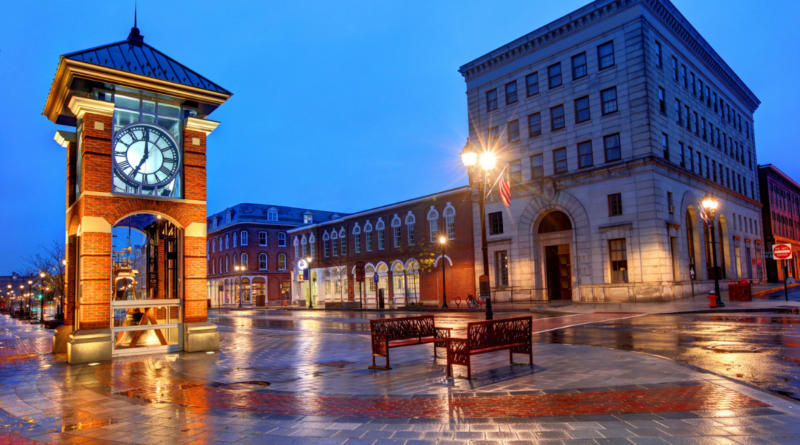History Of Concord New Hampshire
Concord, New Hampshire is the capital city of the state of New Hampshire. It is located in Merrimack County and is the state’s third-largest city. Concord has a rich history that dates back to the early colonial period.
The area that is now Concord was first settled in the early 17th century. The first permanent settlement was established in 1725 by Ebenezer Eastman. The settlement grew slowly until the American Revolution, during which time it played a significant role in the fight for independence. Concord was the site of the Battle of Lexington, which occurred in April 1775. This was the first battle of the American Revolution and is considered to be the beginning of the war.
After the Revolution, Concord grew rapidly. It became the capital of New Hampshire in 1808 and was incorporated as a city in 1853. During the 19th century, Concord was a center of manufacturing, particularly in the production of textiles, paper, and shoes. The city also played a role in the abolitionist movement, with several prominent abolitionists living in the city, including Nathaniel White, Jr., who helped to establish the New Hampshire Anti-Slavery Society.
Concord played a role in the Civil War as well. Several regiments of Union soldiers were raised in the city, and the statehouse was used as a hospital for wounded soldiers. The city also sent supplies and food to soldiers on the front lines.
In the 20th century, Concord continued to grow and develop. The city was home to several prominent politicians, including President Franklin Pierce, who served from 1853 to 1857. The city also played a role in the women’s suffrage movement, with several prominent suffragists living in the city, including Mary Baker Eddy, the founder of Christian Science.
Today, Concord is a thriving city with a diverse economy. It is home to several major companies, including the New Hampshire Department of Health and Human Services, Concord Hospital, and the New Hampshire Department of Transportation. The city is also home to several colleges and universities, including NHTI, Concord’s Community College, and the University of New Hampshire School of Law.
Concord is known for its natural beauty, with several parks and recreational areas located throughout the city. The city is also home to several cultural institutions, including the Capitol Center for the Arts and the New Hampshire Historical Society.
Concord, New Hampshire has a rich history that spans over 300 years. From its early colonial roots to its role in the American Revolution, the city has played a significant role in the history of the United States. Today, Concord is a thriving city that is home to a diverse economy, cultural institutions, and beautiful parks and recreational areas. It is a city that is proud of its history and excited about its future.
Discover more from City Towner
Subscribe to get the latest posts sent to your email.




